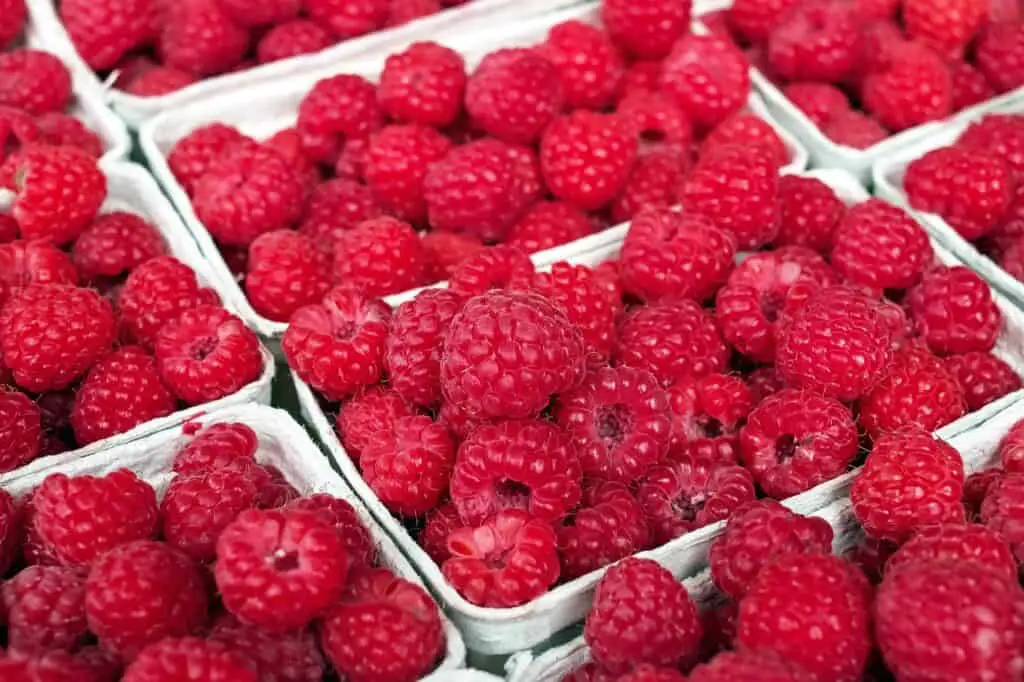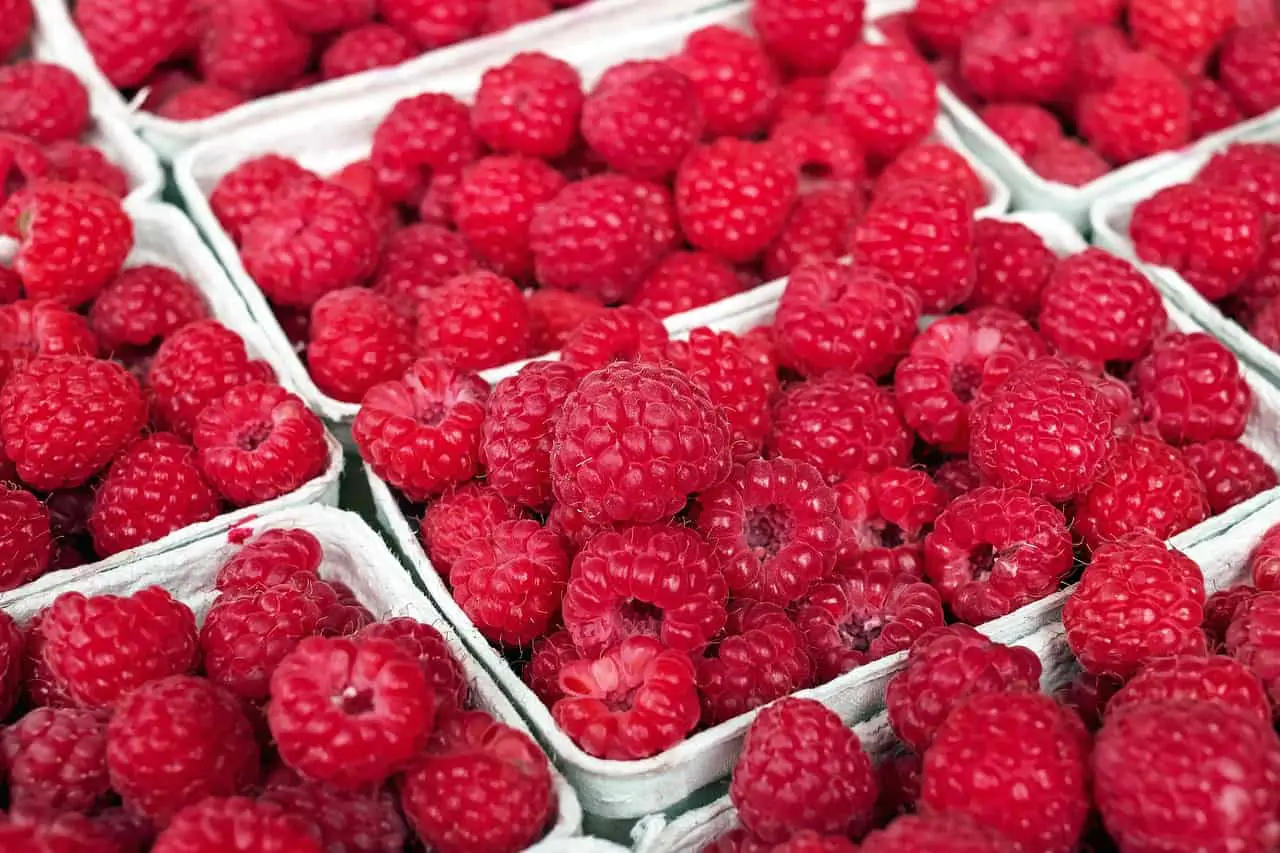Raspberries are renowned for their bright color, sweet-tart taste, and delightful fragrance. However, you might occasionally encounter raspberries that leave you perplexed because they emit an unusual aroma reminiscent of alcohol. In this article, we’ll delve into the reasons behind raspberries smelling like alcohol, explore what happens when fruit tastes like alcohol, discuss the scent of rotten fruit, and address potential side effects of consuming spoiled fruit.
Raspberries Smell Like Alcohol
While raspberries are typically associated with their naturally sweet and fruity scent, there are instances when they can surprisingly smell like alcohol. Several factors can contribute to this unusual fragrance:

Fermentation: One primary reason for raspberries smelling like alcohol is the process of fermentation. Like many fruits, raspberries contain sugars that can ferment when exposed to certain conditions. This fermentation produces alcohol, which is responsible for the alcoholic aroma.
Overripeness: Overripe raspberries are more likely to undergo fermentation and develop an alcohol-like scent. When raspberries stay on the plant longer than necessary or are stored improperly, their sugar content increases, and the acidity decreases, promoting fermentation.
Microbial Activity: Microbial activity, including yeast and bacteria, can also play a role in the alcohol-like odor of raspberries. When these microorganisms colonize the fruit, they may produce alcohol as a metabolic byproduct, contributing to the scent.
Environmental Factors: Environmental factors, such as temperature and humidity, can influence the fermentation process. Raspberries grown in warm, moist conditions may be more prone to developing an alcohol-like odor.
What Does Rotten Fruit Smell Like
Rotten fruit emits a distinct and unpleasant odor that can vary depending on the type of fruit and the extent of decay. Some common characteristics of the smell of rotten fruit include:
Sourness: Rotten fruit often has a sour, pungent smell that can be overwhelming. This sourness is caused by the breakdown of sugars during the decaying process.
Fermented Odor: Similar to raspberries smelling like alcohol, rotten fruit can have a fermented odor, which may be reminiscent of alcohol. This occurs when the fruit undergoes fermentation as it decays.
Moldy and Musty: Rotten fruit may also have a moldy or musty smell, particularly if mold has developed on its surface. Mold can add an earthy and unpleasant dimension to the aroma.
Putrid and Offensive: In advanced stages of decay, the smell of rotten fruit can become putrid and offensive, often described as a mix of sulfur and pungency. This stage indicates significant spoilage.

Can eating raspberries that smell like alcohol make you intoxicated?
Eating raspberries that smell like alcohol won’t make you intoxicated. The alcohol content produced through fermentation in raspberries is typically minimal and not enough to affect your sobriety.
How can I prevent raspberries from smelling like alcohol?
To prevent raspberries from developing an alcohol-like scent, ensure that they are harvested at the right time and stored in optimal conditions. Proper handling and refrigeration can help maintain their freshness.
What are the signs of spoiled raspberries, and is it safe to eat them?
Spoiled raspberries may exhibit mold, an off-putting odor, or an unusual texture. If raspberries smell like alcohol or are clearly rotten, it’s best to discard them to avoid potential health risks.
Are there health risks associated with consuming rotten fruit?
Consuming rotten fruit can pose health risks, as it may harbor harmful bacteria and molds. Potential side effects include digestive discomfort, food poisoning, and allergic reactions. If fruit smells or looks spoiled, it’s safer to avoid eating it.
In Conclusion
Raspberries, known for their sweet-tart taste and delightful fragrance, can sometimes surprise us with an unexpected twist—smelling like alcohol. This phenomenon is often the result of factors like fermentation, overripeness, microbial activity, and environmental conditions. When raspberries emit an alcoholic aroma, their taste can be affected, leading to a less-than-ideal culinary experience.
Understanding the reasons behind raspberries smelling like alcohol is crucial for both consumers and growers, as it can help in preventing such occurrences. Additionally, recognizing the signs of rotten fruit and its associated risks can ensure that you enjoy your fruit safely.
While raspberries with an alcohol-like scent may not lead to intoxication, consuming spoiled or rotten fruit can pose health risks. It’s essential to stay vigilant and use your senses to assess the freshness and quality of the fruit you’re about to enjoy. When in doubt, it’s often best to err on the side of caution and discard fruit that appears spoiled or emits an unpleasant odor.

